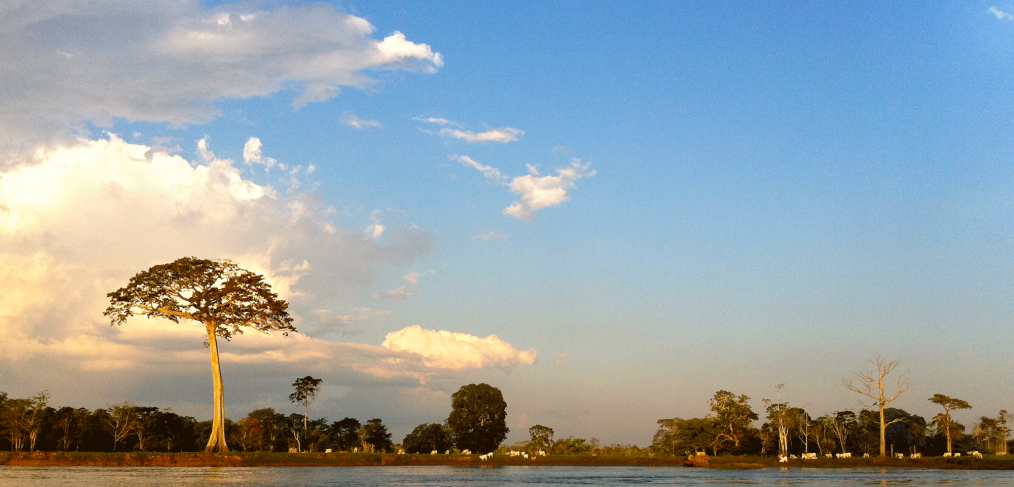“The beginning of our happiness lies in the understanding that life without wonder is not worth living.” ― Abraham Joshua Heschel
Wonder might just be the most valuable—and endangered—commodity of our day.
Wonder offers itself both as a noun (awe) and a verb (to be curious). This little word holds a power to reframe our perspectives and move us to transformative action.
While I’m simply on the precipice of learning what wonder has to offer, here are a couple reasons I’m initially pulled toward it.
AWE=AN ANTIDOTE TO DISCONTENTMENT AND UNPRODUCTIVE ANGER
We live in an age of acceleration. Information, ideas, images come to us at an ever-increasing speed. There’s plenty to celebrate with our progress, but there are also insidious affects. Some of the messages that come our way are intended to make us discontent, others to provoke fear.
Daily the average person encounters 12,000 marketing messages indirectly and 500 direct advertisements. These messages are designed to challenge our contentment (buy this, go here, change that…and perhaps you’ll be as happy and good-looking as those in the ads).
With the emergence of the 24-hour news cycle, viewers have had to be kept engaged like never before, and fear is one of the most effective ways to keep people watching. And fear—if not rightly engaged—can easily turn to unproductive anger.
In the midst of the 21st century motion and marketing, awe offers an invitation to pause, to consciously take in the world around us. It beckons us to recognize beauty and give thanks. It helps us cultivate an awareness of good—in the small and in the grand. The act of saying “thank you” can begin to counteract those thousands of marketing messages.
I believe awe has another invitation to pause. It’s an opportunity to experience helpful outrage. If you’re like me, you hear/watch/read about a lot going wrong in the world (natural disasters, terrorism, collapse of economies) and it’s easy to absorb without intentionally engaging, processing and sometimes rightly taking action.
When we pause and correctly name injustices and respond (pray, give, advocate, or act) we diffuse some of the power and we become less angry and less anxious.
Awe can do judo on ingratitude and anxiety.
Awe encourages us to be partakers in the pause. Wow. I’m thankful. Or ugh! That’s unjust…and perhaps I can do something.
CURIOSITY=AN ANTIDOTE TO DISTRACTION AND DISSATISFYING RELATIONSHIPS
I’ll confess, as access to information has gotten uber easy my curiosity has become flabby. I jump from NY Times to Global Post to Facebook…sometimes reading headlines with the illusion of understanding but rarely do I invest in getting to know something really…and that distractibility and shallow depth of knowledge can intrude upon my relationships. I can see what a friend had for breakfast on Instagram or a change in relationship status on FB and think I’m in the know.
Curiosity can do judo on boredom and loneliness.
It tethers us to understanding. It helps us to humbly take an account of what we know and what we’d like to discover.
At the core, I think curiosity can be a spiritual practice—showing us a way forward to love the world, others, ourselves, and God.
Curiosity and awe are so often seen as temperaments or soft skills but I believe they are ways of living that can be learned, life-skills that can be developed.
I long to grow in these areas, that’s why I am setting off to see who is living out these characteristics in the most effective and transformative ways.
The past few years I have interviewed some extraordinary people who have been living these out, so I plan to reflect on their stories as well as seek out other individuals around the globe.
I hope you join me on this journey. I’d love to hear how you’re experiencing wonder and any people you come across that inspire you to wonder more.
Please post your encounters with wonder here:
http://tamarapark.com/blog/
facebook.com/365DaysofWonder
Let’s see how wonder may make 2015 one of the best years yet!



